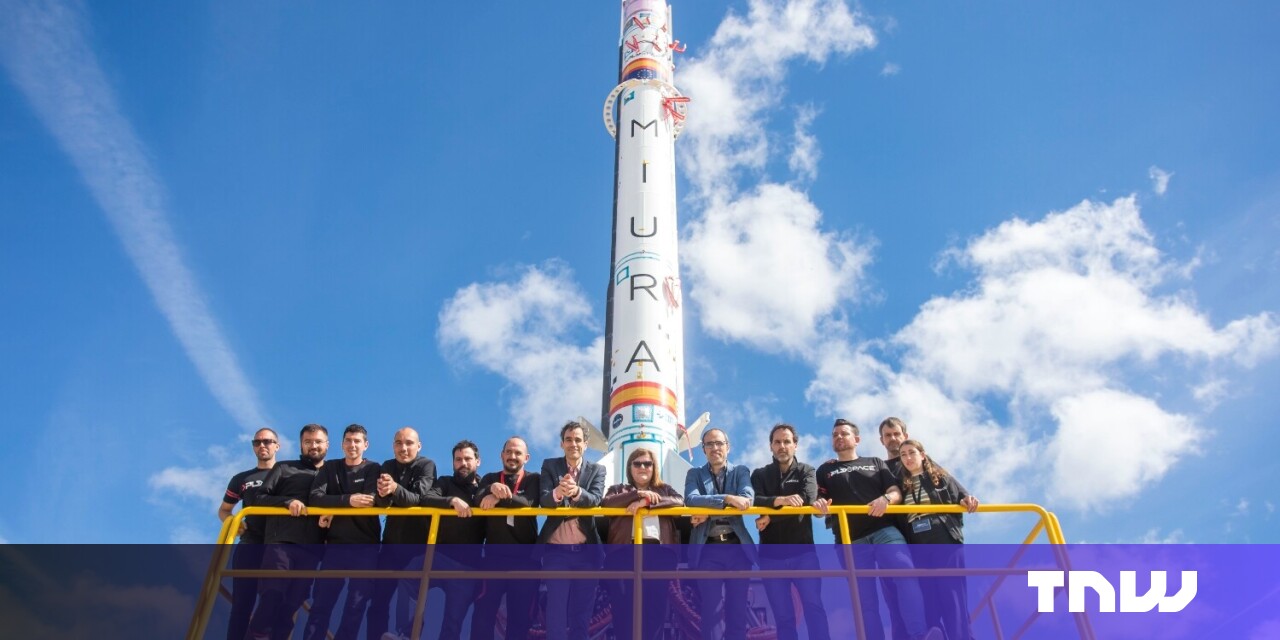Opera unveils new version of its flagship AI browser
Opera is unveiling today the new version of its flagship AI-centric browser, Opera One, which first launched in 2023.
With Opera One, the Norwegian company became one of the early adopters of generative AI applications in web browsing. Its native chatbot, Aria, provides a set of tools such as summarisation, translation, and information search.
Dubbed Opera One R2, the new version is now available for testing. It aims to expand the AI capabilities, this time focusing on the multimedia experience.
Opera One R2 comes with additional features, such as image generation and image understanding, which makes it possible for users to upload images for Aria to analyse and provide context about. Aria is now also able to read answers out loud through a Voice Output option.
Users can also opt for the Page Context Mode and ask Aria to summarise, translate, or extract information from the webpage they’re on.
Alongside the newly-added AI capabilities, Opera is improving the multimedia Player. The Music Player, for example, now allows users to pause or skip a song without switching tabs or apps.
Functionality-wise, Opera One R2 introduces three tab-related features. The first one is called Split Screen, allowing users to work on two tabs at the same time by placing them next to each other in the same browser window. The second targets users who open more than 30 tabs and highlights the most recently visited. Moreover, users can choose the Tab Emojis option to label or decorate tabs with emojis.
Starting today, the new browser version is available for testing for users in the Developer stream. The company plans its full release later this year.
You can see what the browser looks like in the video below:
Currently, Opera accounts for an estimated 5.1% of the browser market share in Europe and a 2.54% share worldwide. Google Chrome leads with a 65.12% global share, followed by Safari with 18.17%.
Amid tough competition, the AI boom presents an opportunity for growth for challenger browser companies like Opera, which recently became the first major browser with built-in local large language models (LLMs).
Regulatory pressure in the EU could also shake things up.
Opera provides a striking example. A month after the Digital Markets Act (the bloc’s rulebook for a fairer digital market) came into force, the company reported a 63% increase in new monthly iOS users in Europe.
“As a challenger browser, Opera has always had to work hard to stand out in an uneven marketplace,” Jørgen Arnsen, EVP Mobile at Opera, said in a statement at the time.
“Now that the DMA regulation is working to even the playing field, we’re excited to see that it has become easier for users to express their browser choice and for that choice to be respected.”



